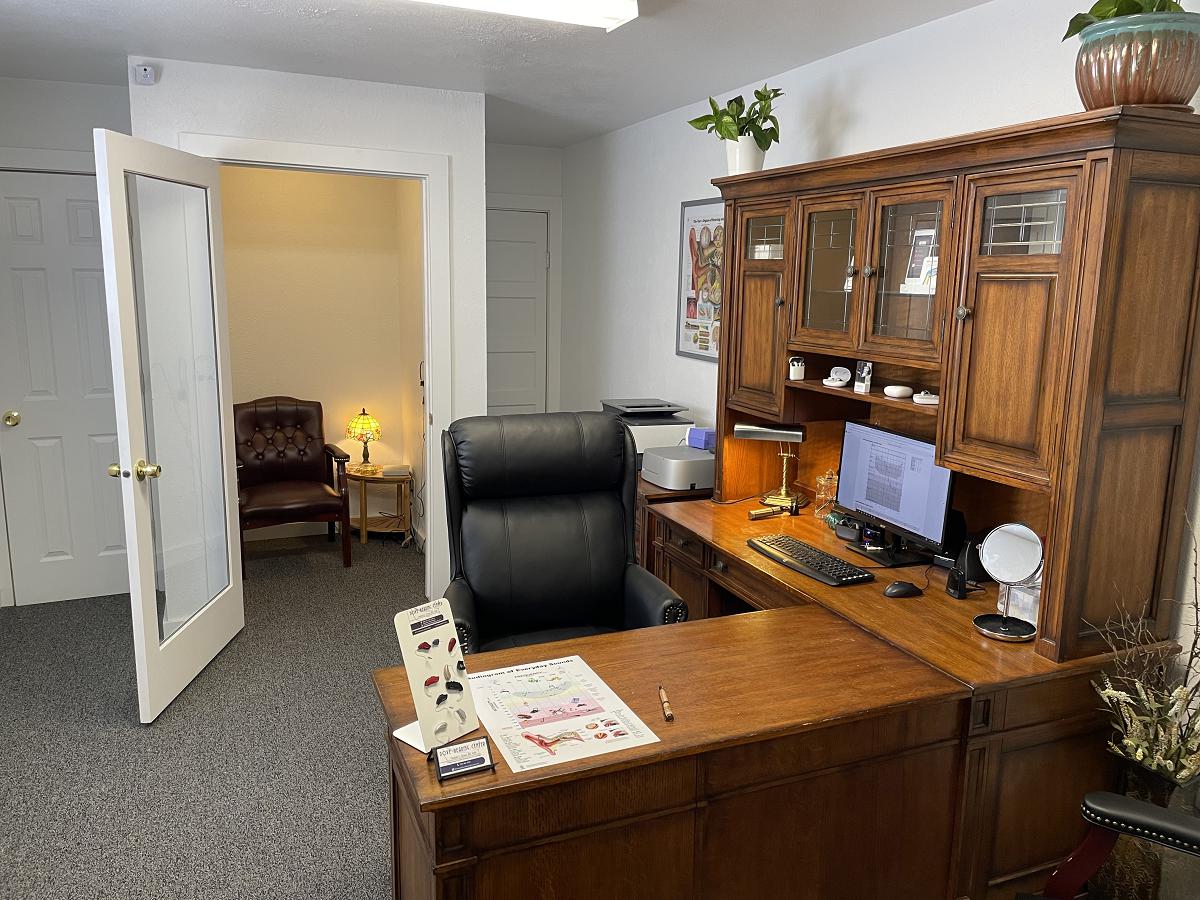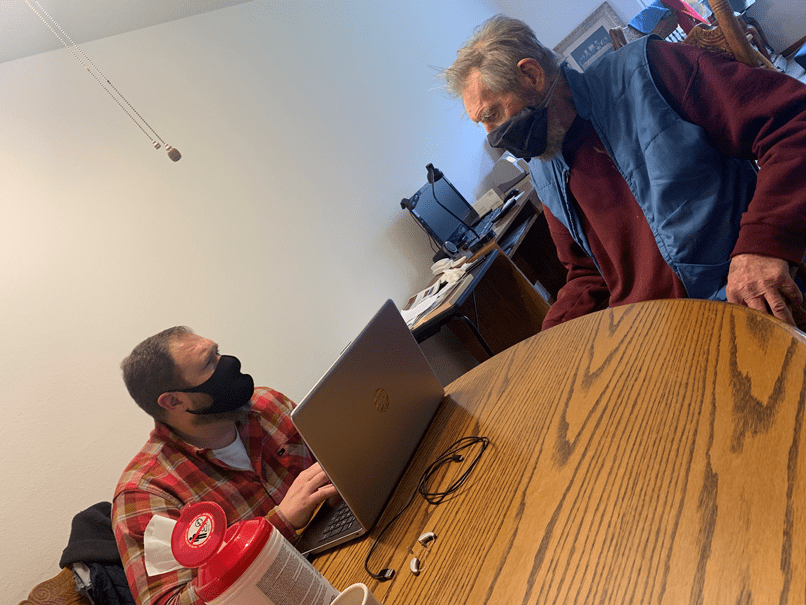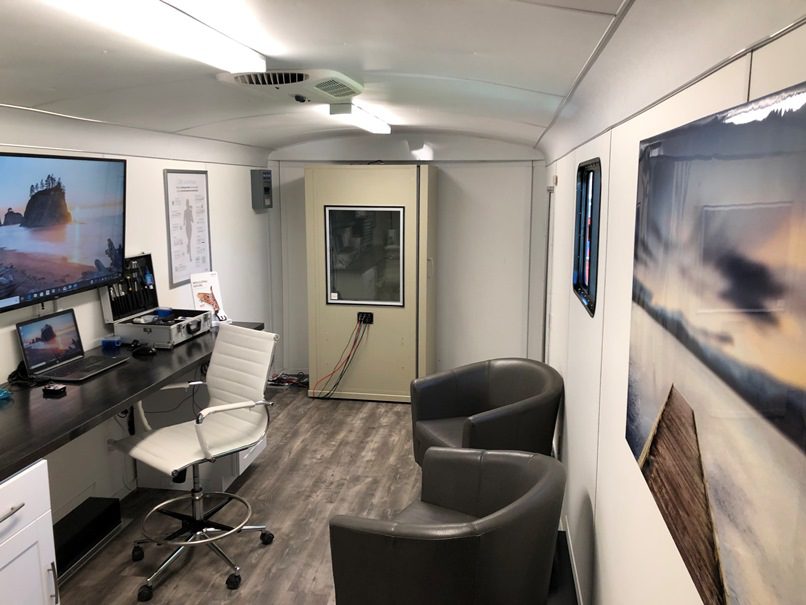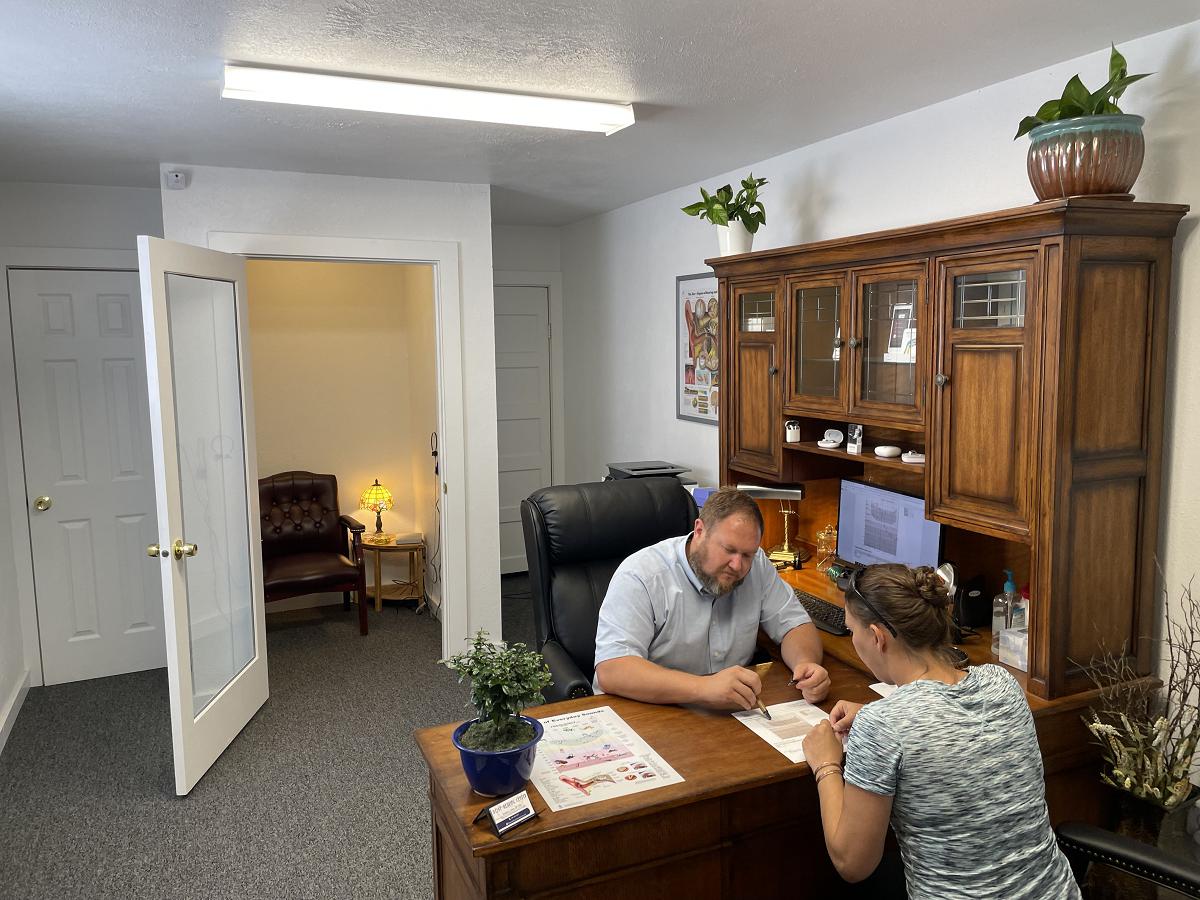Comprehensive Hearing Assessments
HOME / How We Can Help / Comprehensive Hearing Assessments
Comprehensive Hearing Assessments
With an estimated 48 million Americans living with some degree of hearing loss, the nation is in a serious health crisis and it’s imperative that we act sooner rather than later.
If that figure didn’t shock you enough, that’s more than half the number of people that voted in the 2020 election – crazy, right?
While this is enough to make anyone shiver, the most worrying statistic is that it takes the average person nearly a decade to do something about their hearing.
This could’ve been prevented if more people had been aware of the consequences of untreated hearing loss and had taken the initial signs more seriously.
Whether they think the ringing in their ear was a one-off, their family is speaking too quietly, or maybe it’s just a bit of wax, there are multiple reasons to get a hearing test.
Whatever your concerns, it’s always safer to get regular checks than be sorry.
Why should you have a hearing test?
There are many reasons why you should schedule a hearing assessment and prioritize your hearing. While we could spend all day trying to convince you why it is a good idea, perhaps consider some of these factors:
#1 – Puts Your Mind at Ease
Perhaps you’ve noticed a strange, high-pitched buzzing sound in your ears sometimes, or maybe your loved one has seen you turn up the volume louder than usual.
Whatever it is that’s brought you here, our hearing specialists can put your mind at ease and answer any of your questions or concerns.
#2 – Improves Cognitive Function
The effects of untreated hearing loss are not only social; it can actually harm your brain functioning as well.
As the brain is receiving less auditory stimulation, it finds itself having to work harder trying to translate speech and sound. This can lead to brain fog, which increases memory loss and confusion.
By treating your hearing loss, it improves the activity to the brain, which encourages a healthy brain, preventing potential side effects of hearing loss such as Alzheimer’s and dementia.
#3 – Medical Checks
During your hearing assessment, we will follow a methodological approach that looks into all aspects of your hearing to identify if there is anything medically contributing to your hearing loss. It could be that we discover Meniere’s disease or an issue with your ear’s anatomy.
#4 – Fast Tracks Your Hearing
You may have heard that the longer you leave something, the worse it gets. Well, that’s the same for hearing.
By scheduling a comprehensive hearing assessment, you are fast-tracking your hearing recovery and increasing your chances of recovering some, if not all, of your hearing back.
#5 – Custom Hearing Aid
A hearing assessment will allow us to pinpoint the root cause of your hearing loss and outline which hearing aid technology/treatment you would benefit from.
This ensures that you receive maximum benefit and achieve the best possible outcome.
What to Expect at a
Hearing Assessment
Warm Welcome
When you walk through the door at Dove Hearing Center, you’ll be instantly welcomed by our front office team, who will put you at complete ease.
Taking the first step to better hearing can be intimidating, but you can rest assured that your safety is in the hands of the team at Dove Hearing Center as they guide you to your appointment and let you know the next steps.
A Friendly Conversation
Hearing loss is much more than just struggling to hear. There are lots of factors that contribute to its severity, and it’s easy to overlook them.
During your assessment, we will make an in-depth case history, looking into your genes, lifestyle habits, and occupation, including other activities which may contribute to your struggles.
This helps us to understand the reason behind your hearing loss and allows us to outline an individualized plan that is catered to your needs.
A Hearing Assessment
To give us a full scope of your hearing concerns, we’ll be able to perform a physical examination of your ears, ear canal, and tympanic membrane using an otoscope.
Then, we will perform a pure-tone test, which includes listening to tones at different pitches and volumes. This allows us to measure your hearing sensitivity to certain sounds and frequencies. Your hearing care expert will ask you to respond to which sounds you can hear.
Discuss the Results
A team member will interpret the results for you, plot them on an audiogram, and explain the next steps.
It could be that we discover an underlying balance disorder, or perhaps your hearing loss indicates you require hearing aids.
When assessing the results, we will work alongside your lifestyle to provide transparent hearing care that meets your needs and personal preferences. Developing a long-term plan that works for you is at the top of our priorities.
Comprehensive Hearing Assessments
If you or a loved one think you may be suffering from hearing difficulties, schedule a hearing assessment, and we can work together to see what can be done to help.
Scheduling your comprehensive hearing assessment is the vital first step toward regaining the rewarding, independent lifestyle you are missing due to hearing loss.
[gravityform id=7 title=false description=false ajax=true tabindex=49]




